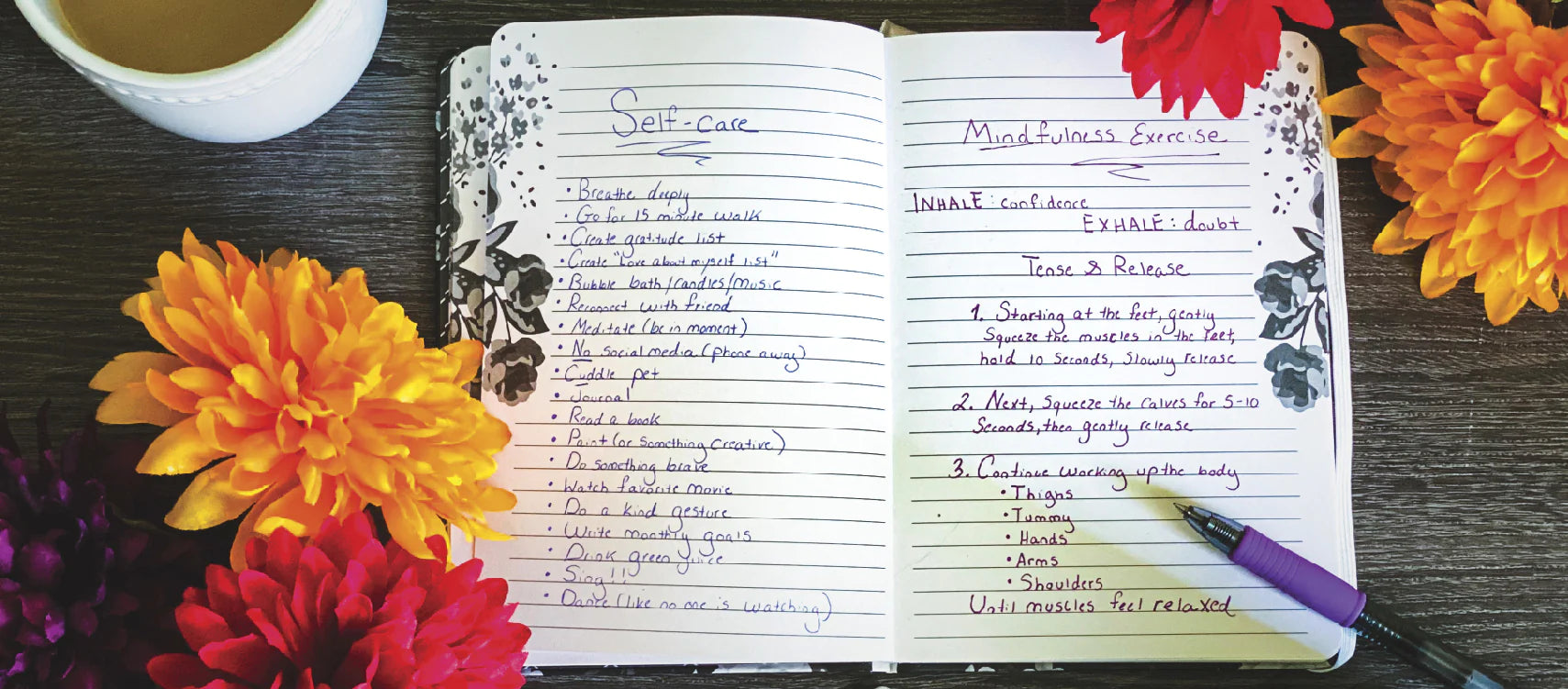Now that you know why it’s a good idea to maintain a journal, let’s take a look at how to make a weight loss journal and what you should write in it. You could title your journal: “My Weight Loss Journey Journal” or something to that effect.
Remember, everything that’s mentioned here is merely a suggestion and you can set up your journal in a format that suits you, but this information will give you enough of an idea to get you started.
You’ll first want to create a section in your journal that’s focused on your diet and meal plans. In this section, write out what you are going to eat for breakfast, lunch and dinner each day. You might vary the menu from day to day over the space of a week, keeping your meals healthy and balanced and high in protein. It’s a good idea to map out your meals so you’ll have a better chance of sticking to your eating plan.
Another section of your journal can be devoted to your daily exercise routine, including allocating time slots for exercising. If you make a point of planning exercise at certain times of the day, you’ll feel more organised, in control and far more likely to get those exercise routines done.
Something else you could write in your journal is your health, fitness and weight loss goals. You could just simply list them out and have a timeline to reach each goal.
Most of your journal from this point is going to be filled with your daily, weekly and monthly progress, as discussed earlier. You can write down what you ate (including whether you cheated on eating), what exercise you did, how you’re feeling physically, psychologically and emotionally and anything else you think is pertinent to your weight loss goals and plan.
Jacqui Lewis
BHSc Nutritional and Dietetic Medicine



